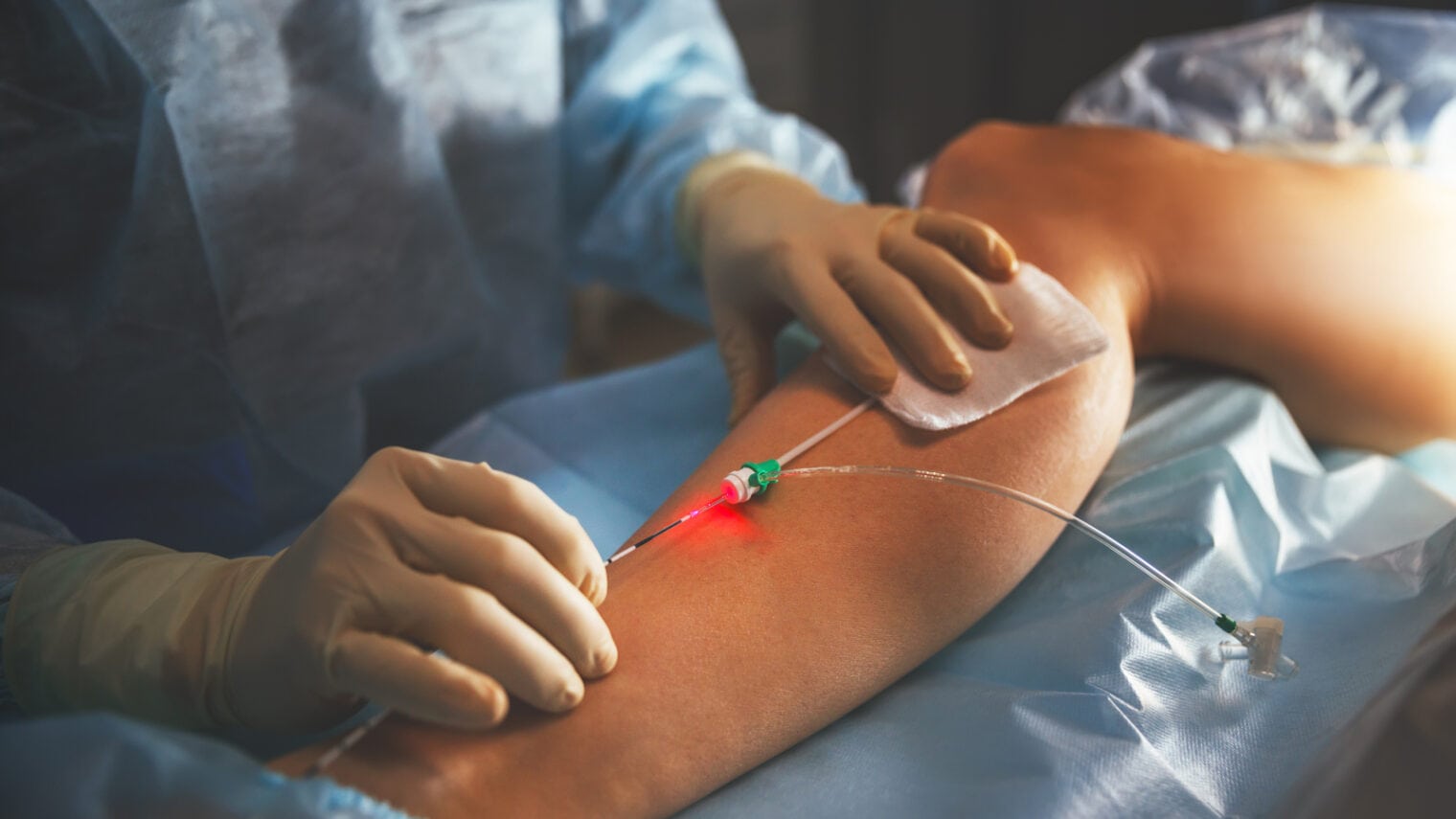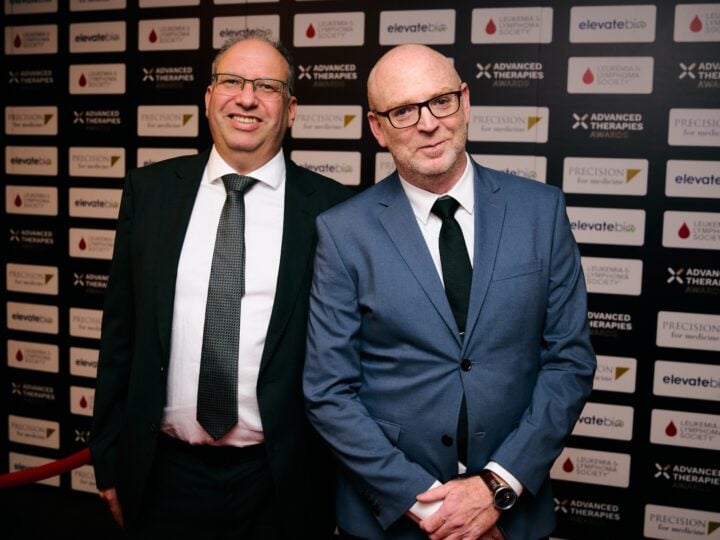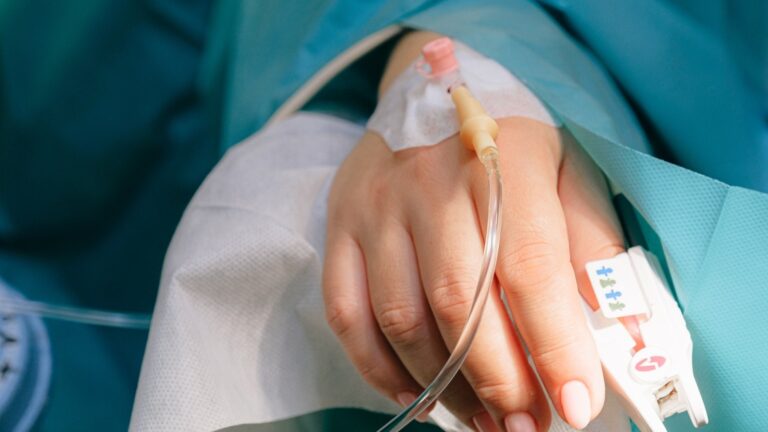Globally, there is a persistent shortage of viable organs for transplantation. This unmet need has spurred the development of “engineered organs” — cultivated tissue that mimics the structure and function of livers, hearts, lungs and other vital viscera.
While these in-vitro inside parts can be used to fill the gap in organ supply, it’s really hard to supply blood throughout the newly transplanted tissue.
To solve this problem, Bonus Biogroup, an Israeli biotechnology company specializing in next-generation tissue regeneration therapies, has developed a method of producing a sophisticated network of artificial blood vessels that will enable reliable blood flow to transplanted artificial organs, drastically increasing their viability.
Tomer Bronshtein, VP of Business Development at Bonus Biogroup, elaborates on the issue it aims to resolve.
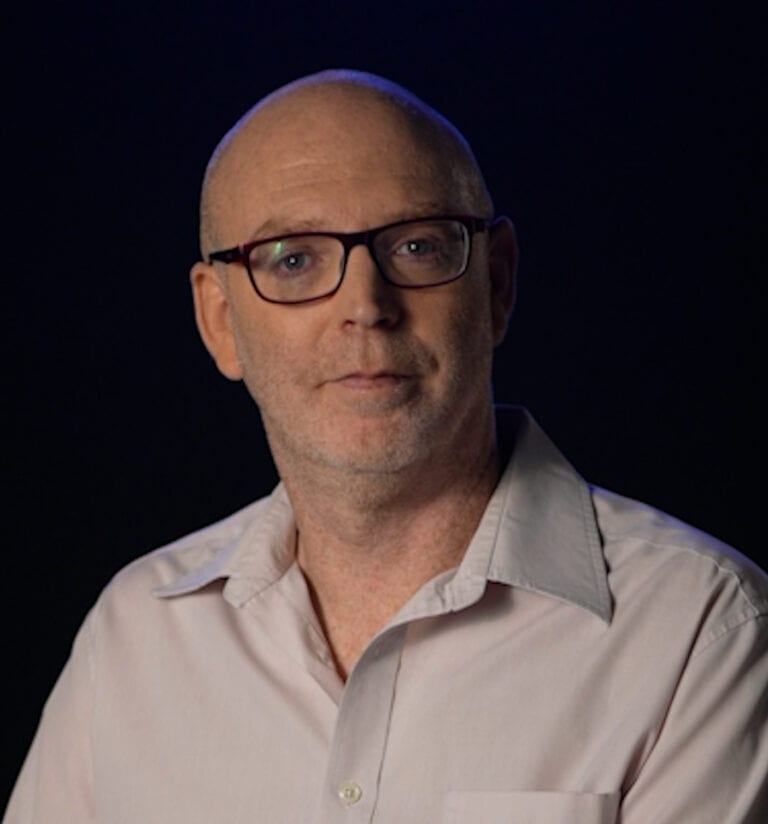
“One of the biggest challenges in implementing engineered tissue is making sure that it is vascularized. If it isn’t, only the periphery of the tissue which is exposed to blood vessels will be nourished,” he tells ISRAEL21c.
“Now, the body knows how to build blood vessels into new tissue, but this process takes time. After two or three days, if the new tissue is deprived of nutrients, these cells will die,” he says.
“Even if the immune matching is superb — even if you could take it from your twin brother — if it’s not vascularized, it will not work.”
You’re so vein
Enter the Haifa-based company’s latest product: a network of microscopic biodegradable tubes that run throughout an engineered organ, acting as a “scaffold” that holds the cultivated cells together while supplying a steady flow of blood throughout the transplanted tissue.
Thanks to its biodegradable qualities, the scaffold ensures the newly embedded organ gets a steady flow of blood until the body replaces the artificial veins with the real deal, at which point it decays and makes its way out of the system.
The blood vessels are created through a process called “electrospinning,” which Bronshtein compares to the process of making cotton candy.
“There you have sugar that is making fibers because of heat. In electrospinning, you have biomaterials that are making fibers as a result of an electric current,” he says.
The cultivated vessels can be spun to customizable diameters ranging from single microns to tens of microns.
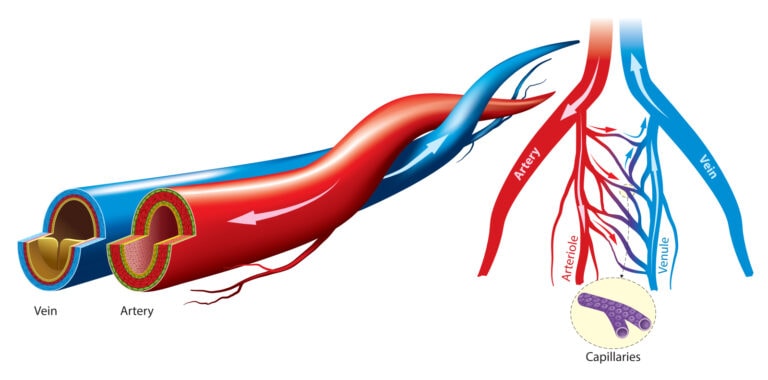
The artificial bundle of veins hooks up to the body’s blood supply via a port bundled at one end, spreads throughout the transplanted organ, and comes together at the other end into another port hooked up to the body.
Picture an apartment building that has one water main which then splits into pipes that run through every floor of the building, and then they all meet back up again to head into the sewer system. Bonus Biogroup made that plumbing system, but for in-vitro organs.
Enough to grow around
As of 2022, the engineered tissues market was valued at approximately $12 billion and is projected to grow at an annual rate of about 11%, reaching $33 billion by 2032.
Bonus Biogroup is banking on its innovation helping this market reach even greater potential. The company’s bone grafting product, BonoFill, stands to serve around 6.2 million patients in the US alone.
By utilizing accessible and cost-effective methods, the company can streamline production processes and make its technology more widely accessible, while maintaining its competitive edge through patent protection.
The publicly-traded company, which employs 53 people, has obtained patent approvals in 17 European countries and England, safeguarding Bonus Therapeutics, its wholly-owned subsidiary, until 2036.
To date, the company has raised $60 million, and it stands to serve around 6.2 million patients in the US alone with its bone grafting product, BonoFill.
With that in mind, Bonus intends to grant access to its technology to anyone who wants to use it — so long as they go through the proper legal channels.
“This technology is something that we have no intention to keep to ourselves. Once we have established the global patent coverage on this technology, we are able to extend its use to other potential users,” says Bronshtein.
While the company is using its vascular network primarily for its prior products — engineered bone and soft tissue for transplantation — it could be used for other needs as well.
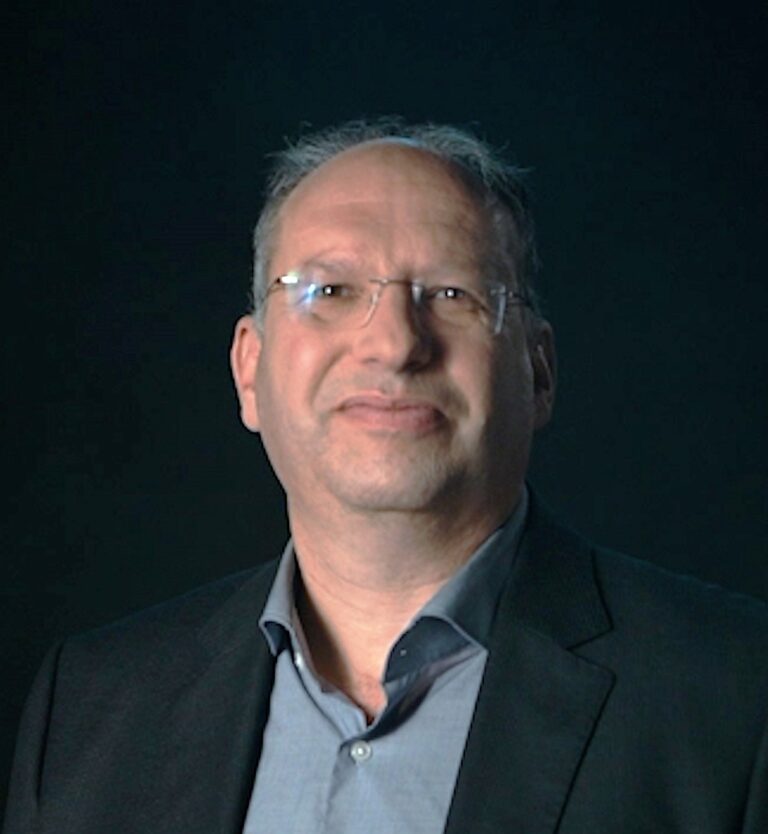
“Our goal is to make it the first available choice to patients in any indication,” notes CEO Shai Meretzki.
“We know that there are groups in the world trying to do what we’ve done and failing to do it. And we are willing to allow them to use the technology developed by us within their products.”
“It’s like how only one company developed the Intel chip, but you can find that chip in many devices. It’s the same concept here. You can put our blood network inside a liver or kidney or pancreas or any other tissue. Because the market is so wide, we are willing to share it,” Meretzki says.
“When we founded Bonus, we were looking for a real change. Our goal from scratch was to create blockbuster products that will treat millions in each indication. And I believe that’s exactly what we are doing.”




